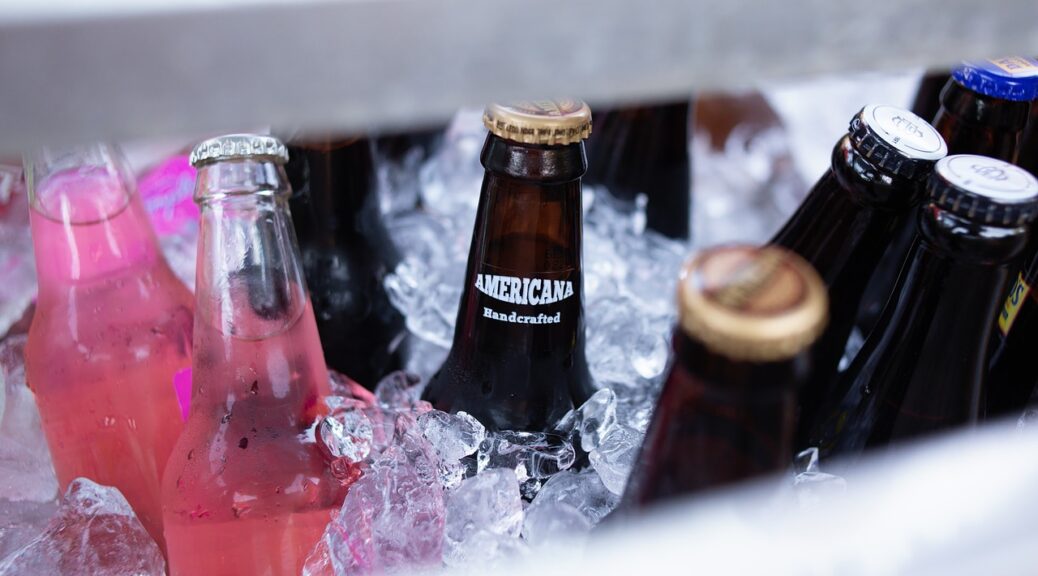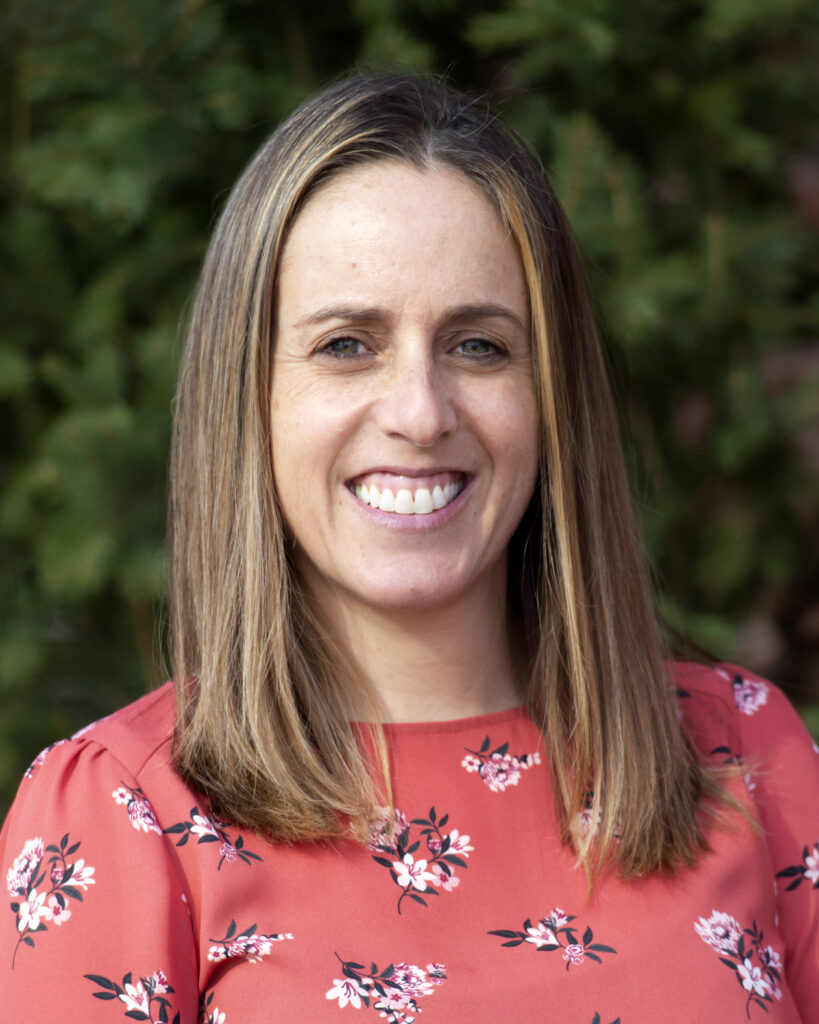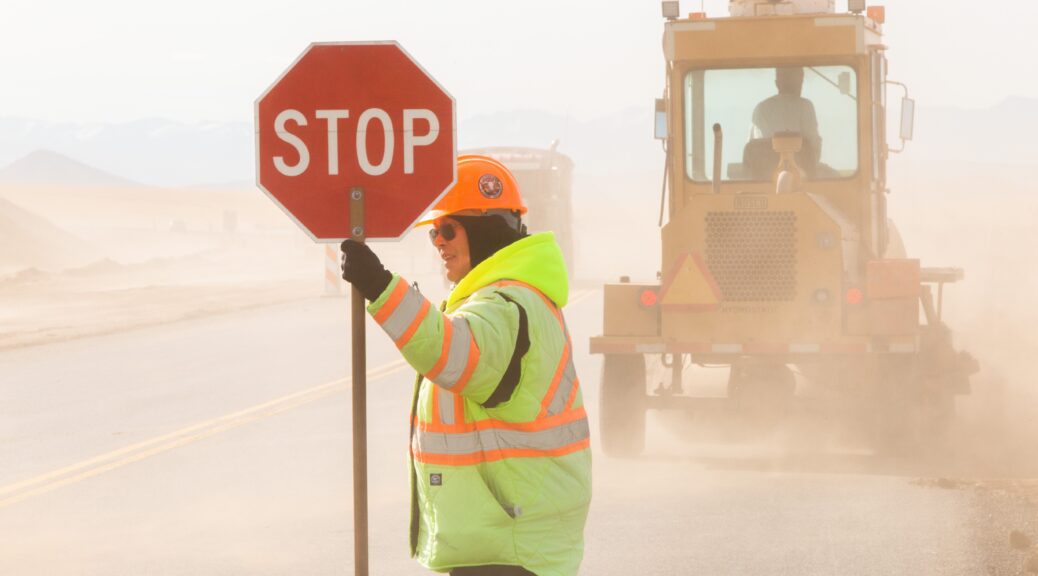Using Project Management Skills in Behavioral Research
Research projects have various moving parts throughout their lifespan needing to be completed within a certain timeframe and budget as outlined in the grant awarded. Project management skills are crucial in ensuring all phases, tasks, and logistics of a research project are organized and completed within deadline and scope.
The workload of a project is driven by how each aim breaks down into a phase, each with its own specific deliverables to be fulfilled and unique timeline to be met. As each phase of a project moves forward, the responsibilities are often compounded due to overlapping timelines, creating an increased need to think ahead and utilize efficient multi-tasking and organizational skills.
Research Project Management Phases
- Determining and communicating the scope derived from the grant aims and methods;
- Developing timelines;
- Protocol development (such as recruitment, screening, data entry, intervention, data management, and adverse event processing);
- Obtaining necessary institutional approvals;
- Staff identification/hiring, training, and evaluation;
- Goal setting including incremental goals as well as larger overarching goals;
- Project implementation;
- Delivering objectives including communication of progress toward objectives;
- Tracking budgeted and expended costs;
- Required reporting to aid in communicating progress; and
- Problem-solving as issues inevitably arise.
Communication is a key component to ensuring a smooth flow of the deliverables throughout the project. All personnel on a project need to maintain the same vision and goals. This can often be accomplished using regular meetings, phone calls, emails, and reports. Beyond the regular means of communication, a more comprehensive system such as project management software can be used to keep track of deliverables and deadlines.
Klein Buendel Research Program Manager, Julia Berteletti, organized and participated in a research project management Pre-Conference Workshop at the virtual 42nd Annual Meeting and Scientific Sessions of the Society of Behavioral Medicine (SBM), April 12-16, 2021. Her co-presenter was Jessica Bibeau from the University of Connecticut. The presenters have been coordinating multi-site research projects from coast-to-coast with each other for several years. Ms. Berteletti explained, “Our projects run on effective partnerships. Facilitating teamwork is one of my favorite parts of my job. It meant a lot to me for us to share our methods for effective collaboration and project management with other research teams.” The SBM seminar provided a guide for managing a research project using a project management approach which included: (a) understanding the scope, (b) setting goals, (c) considering the costs, (d) implementation (intervention/data collection), and (e) close-out. A hypothetical project was used to present each part of the approach. Team organization, communication, important considerations, timelines, charts, and reports were reviewed to aid in organization, and project management software ideas were provided along with a tutorial of the Basecamp software.












